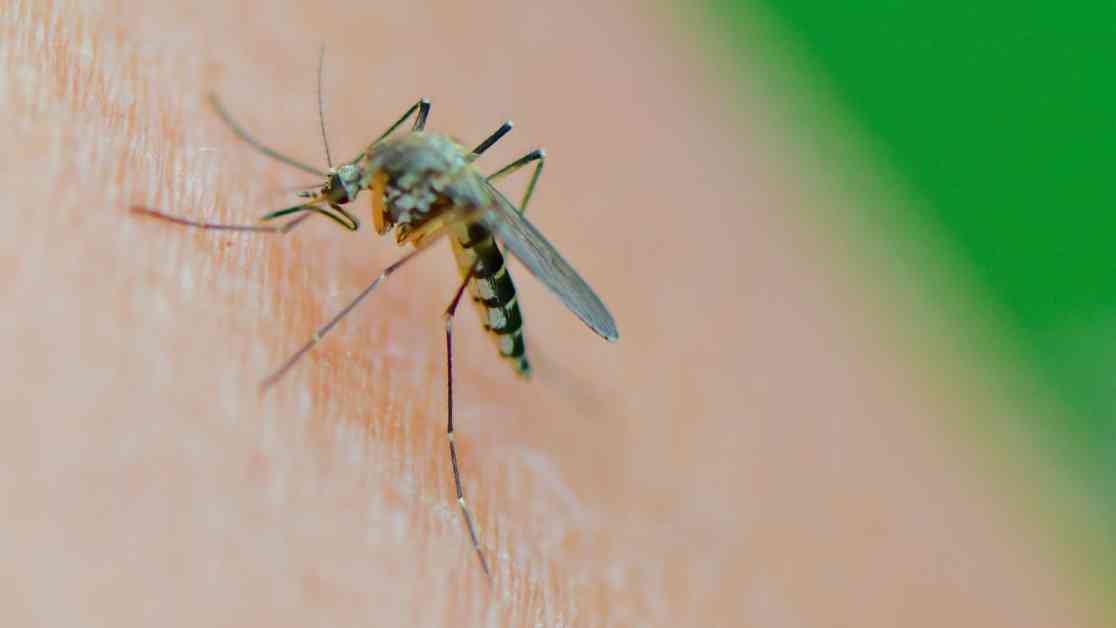West Nile virus has been discovered in mosquitoes collected in the UK for the first time, according to the UK Health Security Agency (UKHSA). The virus, which is primarily transmitted to humans through mosquito bites, can lead to severe flu-like symptoms in approximately one out of 150 infected individuals, as stated by the World Health Organization (WHO). Mosquitoes acquire the virus from birds they feed on and, in rare instances, can transmit it to humans or horses.
In a groundbreaking discovery, researchers from the UKHSA and the Animal and Plant Health Agency (APHA) have identified West Nile virus fragments in Aedes vexans mosquitoes obtained from wetlands along the River Idle near Retford, Nottinghamshire, in July 2023. This marks the first time that West Nile virus has been detected in mosquitoes within the UK. Although no cases of local transmission to humans have been reported in Britain thus far, the UKHSA has classified the risk to the general population as “very low.” Despite this reassurance, the agency has advised healthcare professionals to consider testing patients with unexplained encephalitis (brain swelling) for West Nile virus as a precautionary measure.
Dr. Meera Chand, the UKHSA’s deputy director for travel health, zoonoses, emerging infections, respiratory, and tuberculosis, emphasized that while the presence of West Nile virus in UK mosquitoes is not surprising considering its prevalence in Europe, the current risk to the public remains minimal. Dr. Arran Folly, who led the research project that identified the virus, highlighted the evolving landscape of mosquito-borne diseases due to climate change, which may introduce new infectious diseases to different regions. The native Aedes vexans mosquito in the UK could face competition from non-native species capable of transmitting diseases to humans due to increasing temperatures, potentially leading to the establishment of local populations.
Travel to endemic regions poses the primary risk of contracting West Nile virus for UK residents, including areas in Europe, Africa, the Middle East, West and Central Asia, North and South America, Australia, and the US. Since 2000, there have been seven travel-related cases of the virus in the UK. The detection of West Nile virus in UK mosquitoes serves as a reminder of the global nature of infectious diseases and the importance of continued surveillance and control measures to prevent potential outbreaks.




